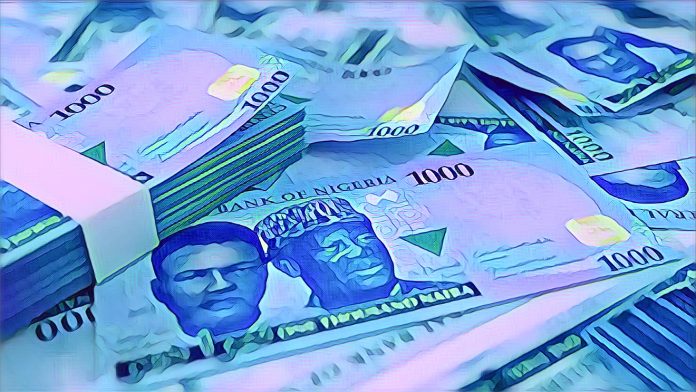Nigeria’s currency, the naira, continues to depreciate amid declining external reserves, despite recent foreign exchange (FX) reforms aimed at stabilizing the market. The Central Bank of Nigeria’s (CBN) efforts to implement these reforms have yet to yield the desired results, raising concerns about the country’s economic stability.
The naira has seen significant pressure in recent months, trading at historically low levels against the US dollar. This depreciation is partly attributed to dwindling external reserves, which have been impacted by lower oil revenues and capital outflows. Nigeria, heavily reliant on oil exports, has faced economic challenges due to fluctuating global oil prices and reduced demand.
In response to these challenges, the CBN has introduced several FX reforms intended to improve liquidity and attract foreign investment. These measures include unifying exchange rates, easing restrictions on foreign exchange transactions, and enhancing transparency in the FX market. However, the persistent decline in external reserves suggests that these reforms have not yet fully stabilized the currency.
Analysts warn that continued depreciation of the naira could exacerbate inflationary pressures and erode purchasing power for Nigerians. The cost of imported goods and services is likely to rise, adding to the financial strain on households and businesses. Additionally, the weakening currency poses risks to foreign investment and economic growth, as investors may seek more stable environments for their capital.
The CBN has reiterated its commitment to implementing effective monetary policies to support the naira and bolster the economy. Governor Godwin Emefiele has emphasized the importance of structural reforms and diversification of the economy to reduce dependence on oil revenues. These efforts are crucial for building a more resilient economic framework that can withstand external shocks.
Despite the challenges, there is cautious optimism that the ongoing reforms will eventually yield positive outcomes. Economic experts suggest that sustained implementation of policy measures, along with efforts to attract foreign direct investment and enhance domestic production, could help stabilize the naira in the long term.
As Nigeria navigates these economic hurdles, the resilience and adaptability of its financial sector will be tested. The government’s ability to implement and sustain meaningful reforms will play a critical role in determining the country’s economic trajectory. There remains hope that with concerted efforts, Nigeria can achieve a more stable and prosperous economic future.
Source: BusinessDay



